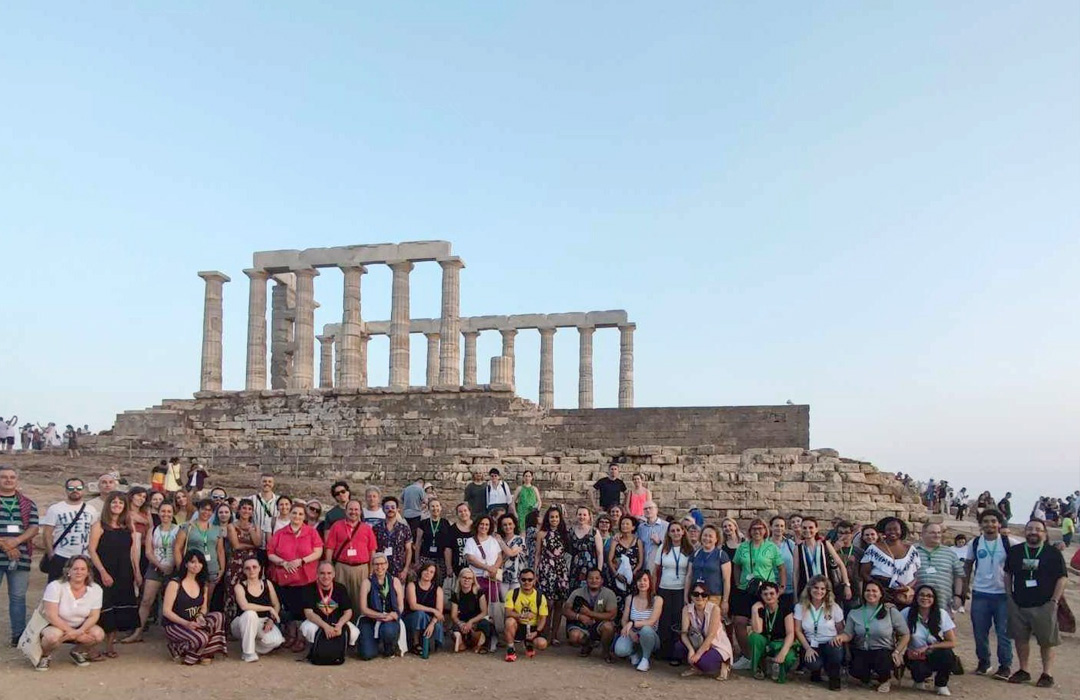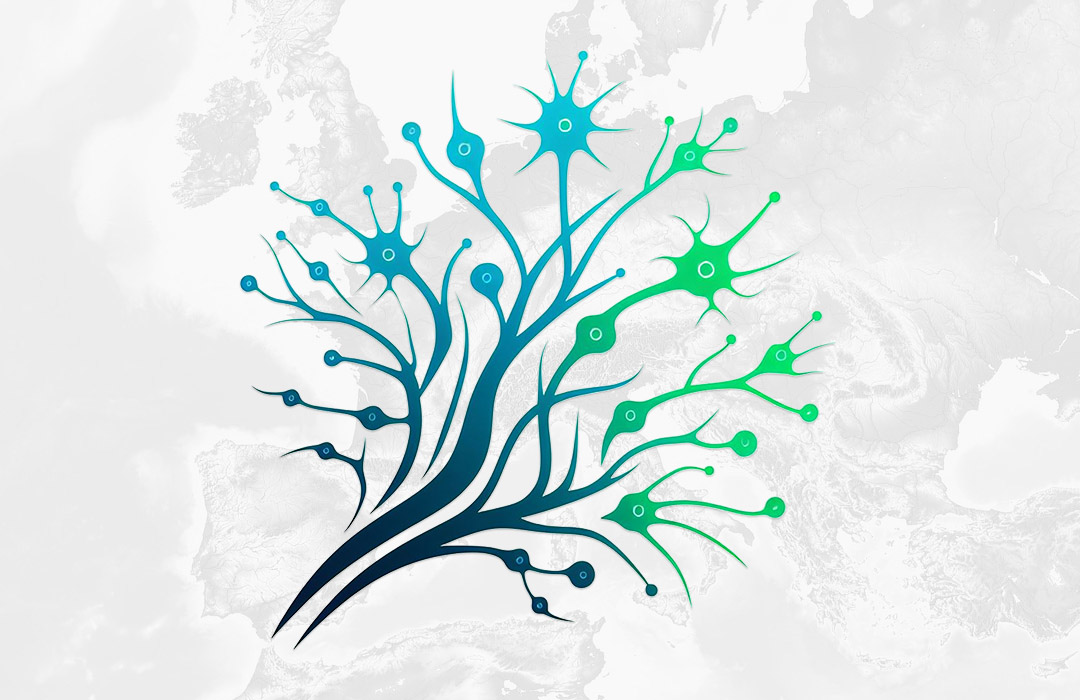
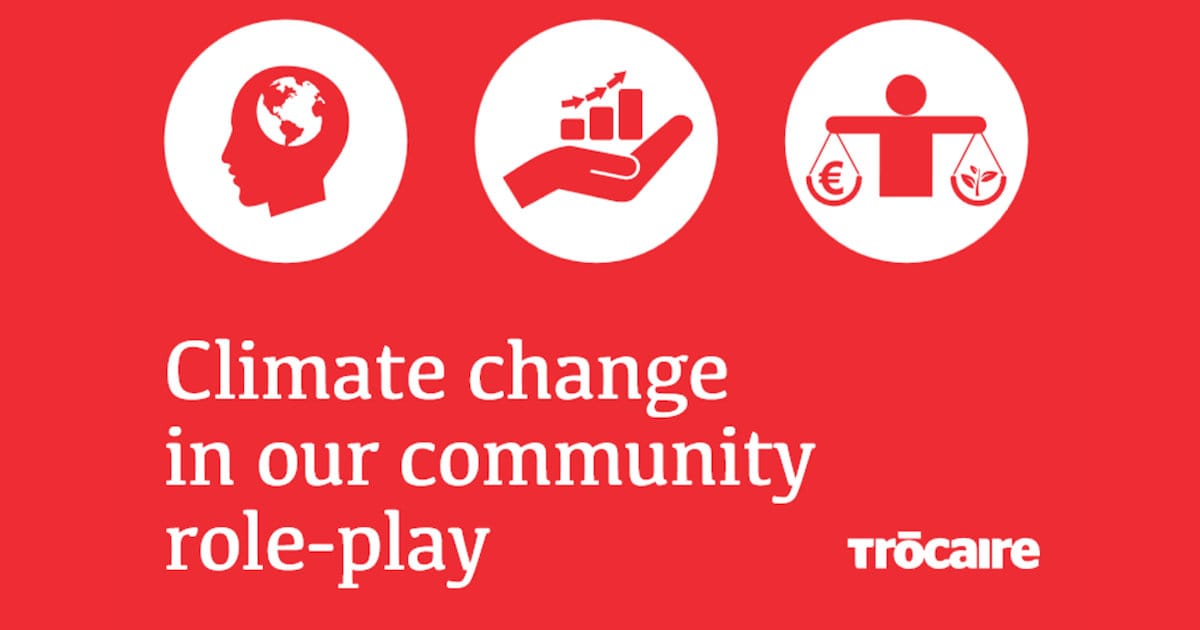
The resource introduces role-play as a teaching method, fostering social skills, critical thinking, and decision-making. It engages students in debating environmental and economic trade-offs through a simulated oil extraction dilemma. The activity develops awareness of climate change, power dynamics, and sustainability challenges in a hands-on learning experience.
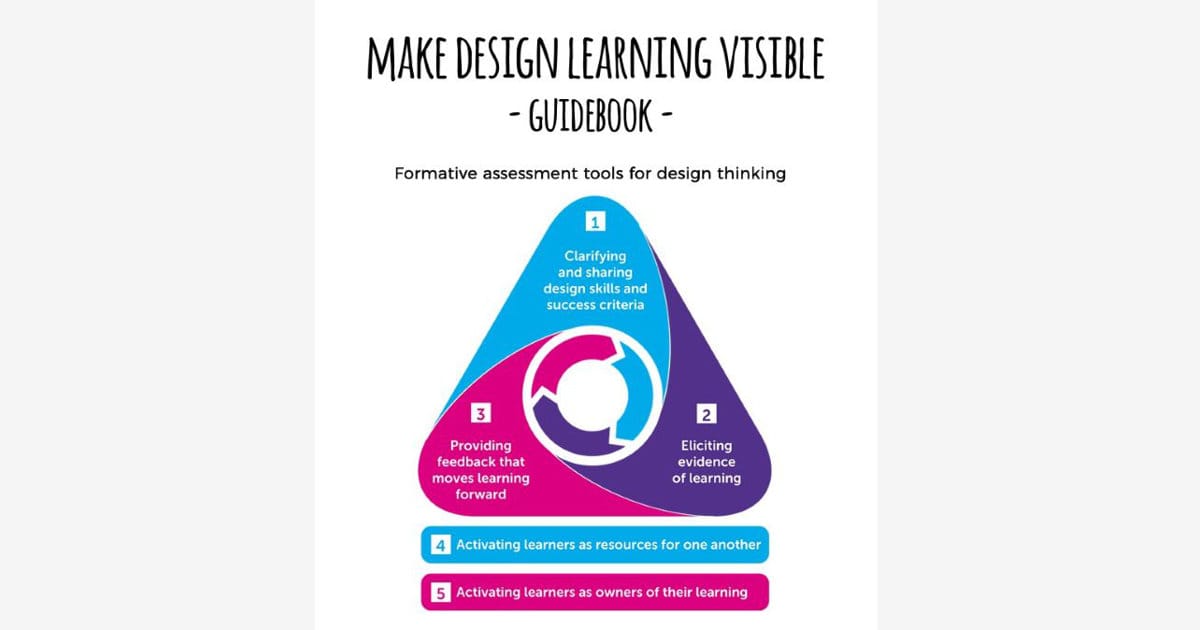
The Make Design Learning Visible approach for formative evaluation of design skills in design and technology education is designed for use with 8 – 14-year-olds. The approach can be modified for use with younger or older pupils. Formative assessment is a good way to enhance learning to design.
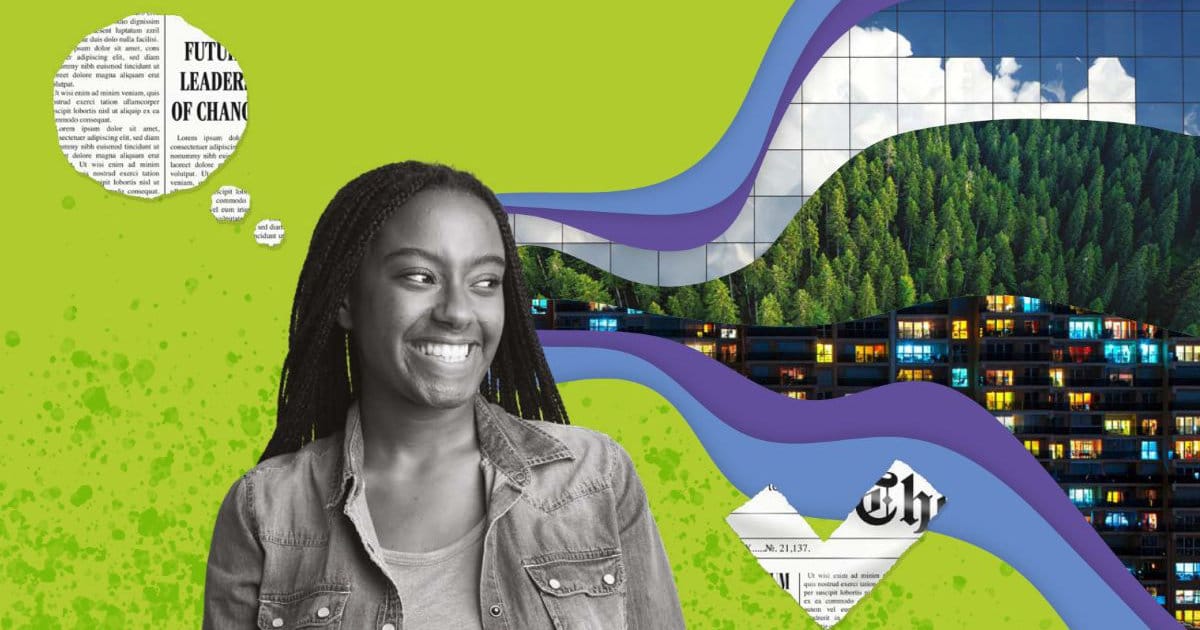
Leadership for Change is a six-lesson curriculum designed for the next generation of leaders. Students will hear from inspiring leaders and apply the skills they develop to address local challenges. The first lesson is hosted on the Synapses Portal, with the remainder available from the Economist Educational Foundation website.

The resource explains how to design and implement a Mystery Game as an educational tool to promote critical thinking, problem-solving, and teamwork. It outlines the process, from creating a thought-provoking scenario to group discussions and reflection. The guide emphasizes open-ended exploration, student-driven learning, and adaptable difficulty levels.
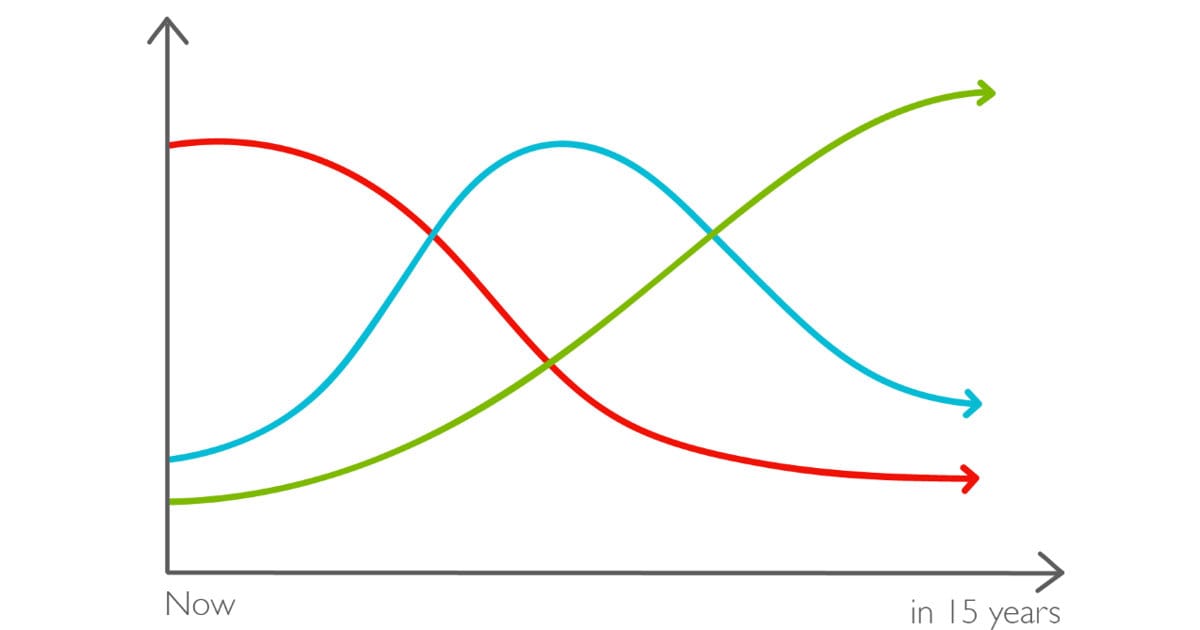
The Three Horizons Mapping approach builds towards a sense-making map of an issue of concern in a way relevant to formulating visionary action for innovation and transformation. The framework recognises the voices of managers, visionaries and entrepreneurs and proposes how they might collaborate to navigate conversations about the future.
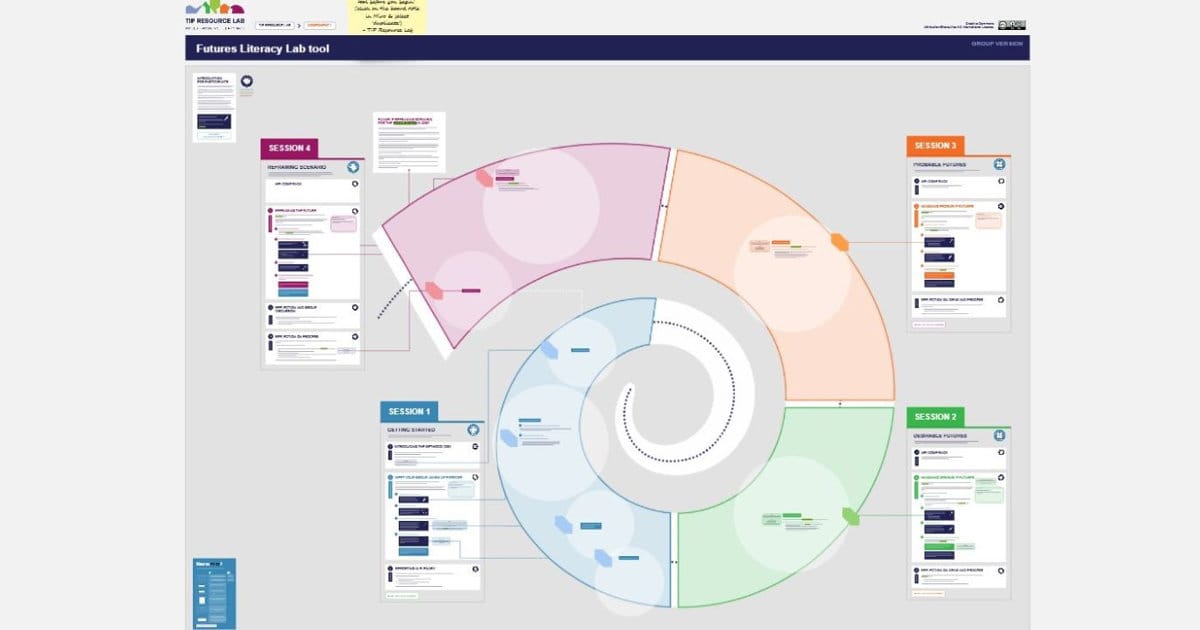
This tool guides participants through a Futures Literacy Lab, a practical method to help us reveal, reframe and rethink our assumptions to imagine the future.
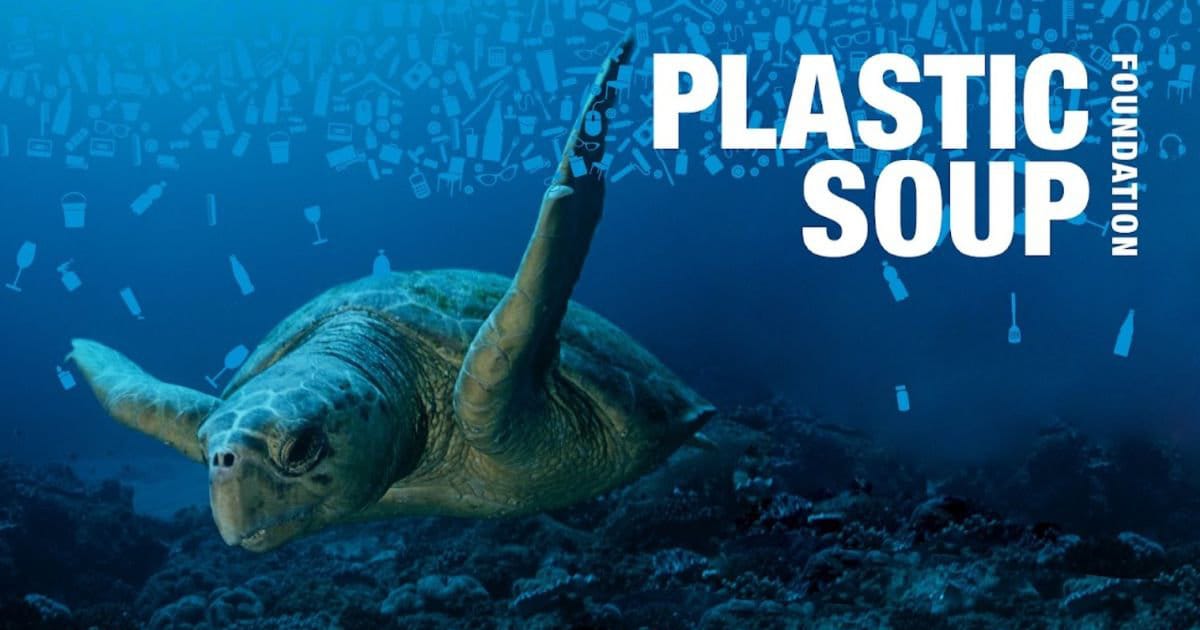
This introductory lesson from the Plastic Soup Foundation engages and educates students on problems with plastic waste and the impact it has on our oceans.
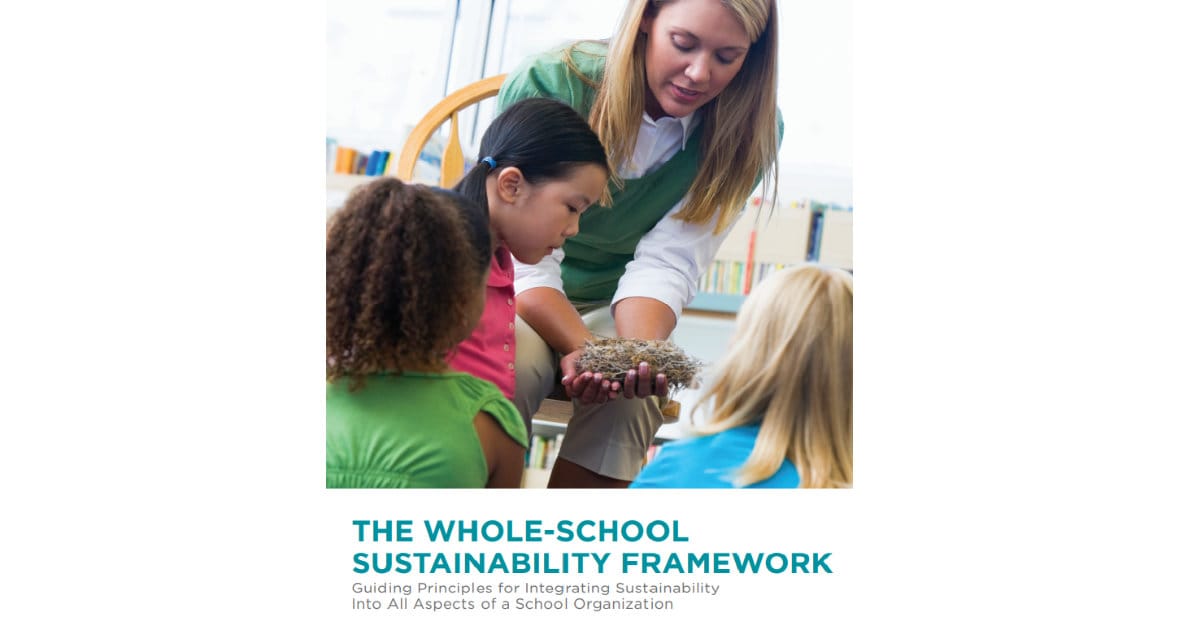
This is a framework for embedding sustainability throughout school operations, teaching, and culture. It outlines a vision for whole-school transformation through leadership, systems thinking and shared values.
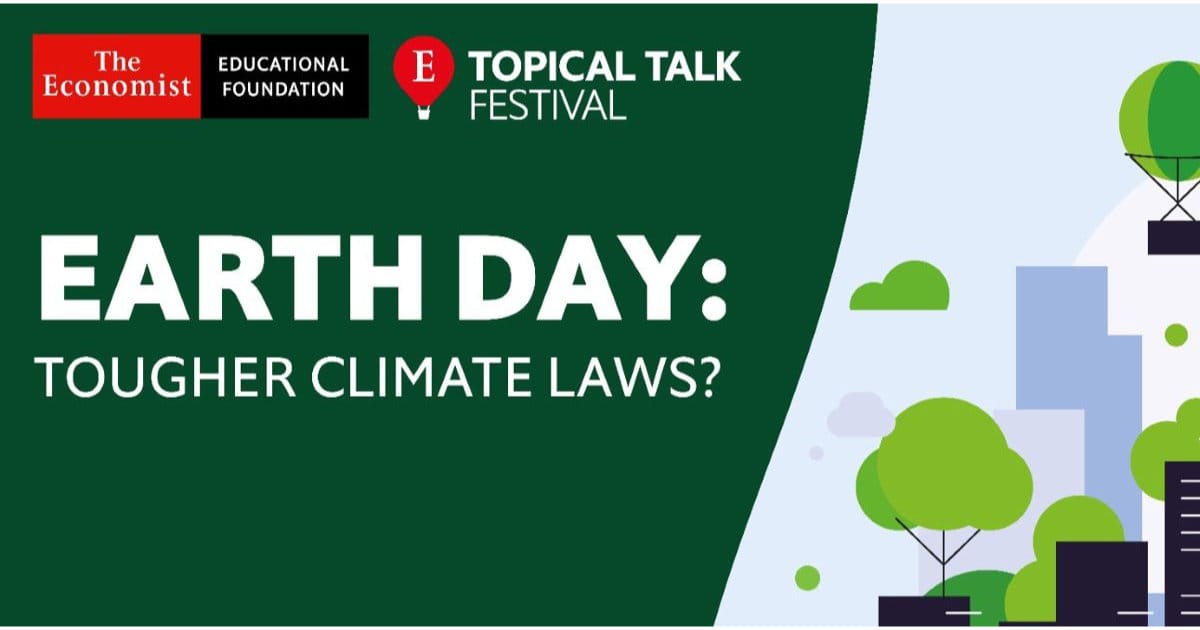
The power to protect the planet lies within people’s lifestyle choices. Do we need tougher climate laws? This 1-hour lesson explores the climate crisis with students and the possible need for more laws.
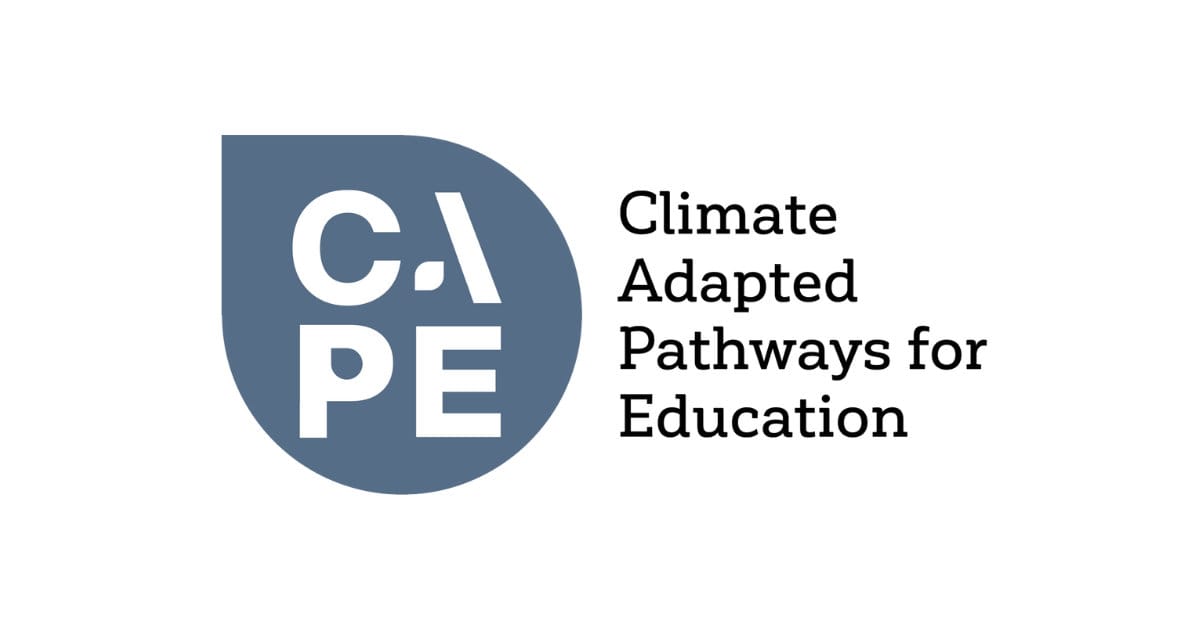
The CAPE Report 2024 emphasises the urgency of implementing high-quality climate change education (CCE) in schools. It advocates for a systematic approach focusing on implementation, curriculum development, and professional development while emphasising the importance of evidence-informed strategies to sustain effective CCE practices.




